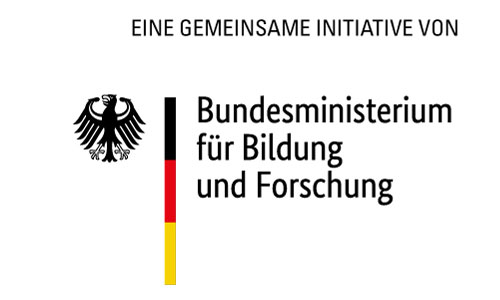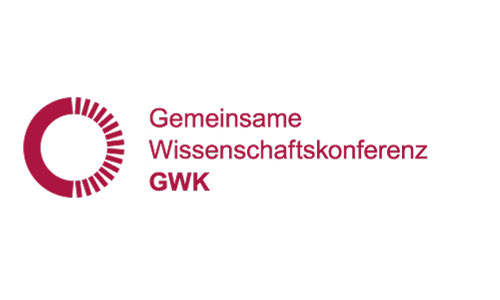05.08.2024 InCamS@Bi
Ecodesign Regulation: From paper to reality
The European Ecodesign Regulation came into force in July 2024. In the IHS project InCamS@BI, experts in commercial law are considering how the new regulations can be implemented in sensible and economically viable measures for companies.
In the innovation and transfer project InCamS@BI, Bielefeld University and the HSBI (Hochschule Bielefeld – University of Applied Sciences and Art) are focussing on sustainable solutions for the plastics industry. The core topic of the project is the so-called circular economy, specifically for plastics and their handling.
This topic can be viewed from different disciplinary perspectives, from materials research to economics. However, one discipline is often neglected: that of commercial law. The legal aspects are playing an increasingly important role, as the laws on sustainability at national and international level are currently changing rapidly.
The transfer formats established by InCamS@BI are therefore designed to take the legal framework into account right from the start. A team of business lawyers is employed in the project, conducting in-depth analyses of existing and future regulations – such as the requirements of the new European Ecodesign Regulation.
“The plastics industry will face some difficulties in this context,” explains Micha Steiner, who is supporting InCamS@BI as a consultant for commercial law. He assumes that, when the EU regulation is substantiated into concrete laws, a minimum proportion of recycled material will be required for many products and that the mass production of high-quality recycled plastic is therefore likely to become one of the key issues in the coming years.
Steiner and his colleagues at InCamS@BI must keep an eye on these and other developments, as innovations can only be successfully implemented if they fulfil the legal framework conditions. “That's why it is so important to think about these things right from the start – and not just at the end, when everything has already been developed,” explains HSBI commercial law expert Prof Dr Christiane Nitschke, who is mentoring the team.
In order to convey this way of thinking, the InCamS@BI commercial law team participates in the expert panels of the project, accompanies student projects in the Master programme for commercial law, and is involved in third-party funded projects to conduct accompanying research. The exchange with companies in the region is particularly important to the team. The transfer to policy and legislation also plays an important role in making regulations more practicable. After all, legal regulation should not nip innovation in the bud, but rather help to exploit the opportunities of scientific and technological development for the benefit of the economy and society while minimising risks.
Text source: InCamS@BI project team at the HSBI



